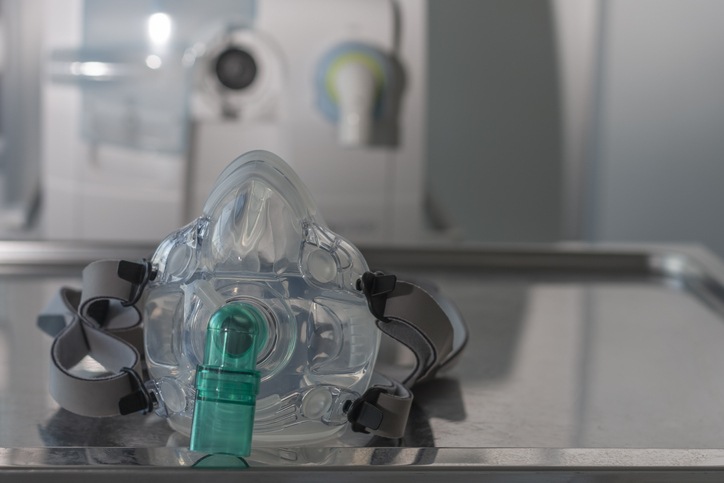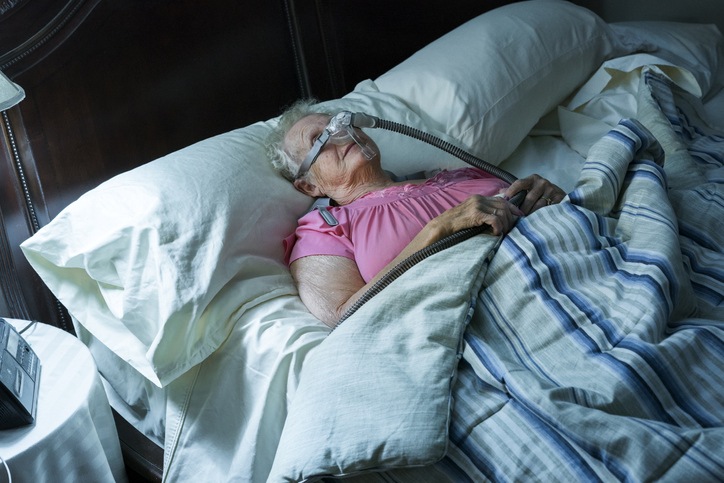
According to the National Heart, Lung, and Blood institute, patients with severe asthma (SA) should receive care from an asthma specialist, either for systemic assessment or co-management. Real-world descriptions of healthcare outcomes as a result of specialist care in patients with SA have not been documented previously. A study presented as part of the CHEST Annual Meeting 2020 found that in patients with SA, specialist care may significantly reduce exacerbations and asthma-related healthcare resource utilization (HRCU), implying that specialist involvement may have a significant positive impact on SA management.
The researchers retrospectively analyzed IQVIA PharMetrics® Plus database data. Eligible patients met Healthcare Effectiveness Data and Information Set criteria for persistent asthma and Global Initiative for Asthma Step 4 or 5 medication regimens and were aged at least six years.
The study authors identified patients with no history of visits with an asthma specialist—allergists/immunologists or pulmonologists—during the 12 months prior to their diagnosis, at least one asthma specialist visit on or after the first evidence of SA, at least 12 months of data before and after the index visit, and no chronic pulmonary diseases aside from asthma during the course of the study. Exacerbations included asthma-related hospitalization, emergency department (ED) visits, and use of oral corticosteroids (OCS) following an asthma-related outpatient or office visit.
There were 5,988 patients with SA with a specialist visit. The cohort was primarily female (60.1%) and had a mean age of 36.3 years. Comorbidities identified at baseline included allergic rhinitis (68.5%), gastroesophageal reflux disease (24.0%), depression/anxiety (23.2%), and hypertension (23.0%).
The researchers observed a correlation between the asthma specialist visit and reductions in the percentage of patients with at least one asthma exacerbation (49.4% vs. 37.7%), all-cause (10.1% vs. 8.2%) and asthma-related hospitalization (2.8% vs. 1.1%), all-cause (34.8% vs. 28.1%) and asthma-related ED visit (15.9% vs. 11.2%), and dispensing of short-acting beta2-agonists (82.5% vs. 66.6%) and OCS (69.1% vs. 53.5%; P<0.001 for all).
“This analysis of real-world claims data suggests that specialist care is associated with significant reductions in the number of patients with SA with exacerbations and asthma-related HCRU. These results support the benefit of specialist involvement in managing severe asthma,” the researchers concluded.







 © 2025 Mashup Media, LLC, a Formedics Property. All Rights Reserved.
© 2025 Mashup Media, LLC, a Formedics Property. All Rights Reserved.